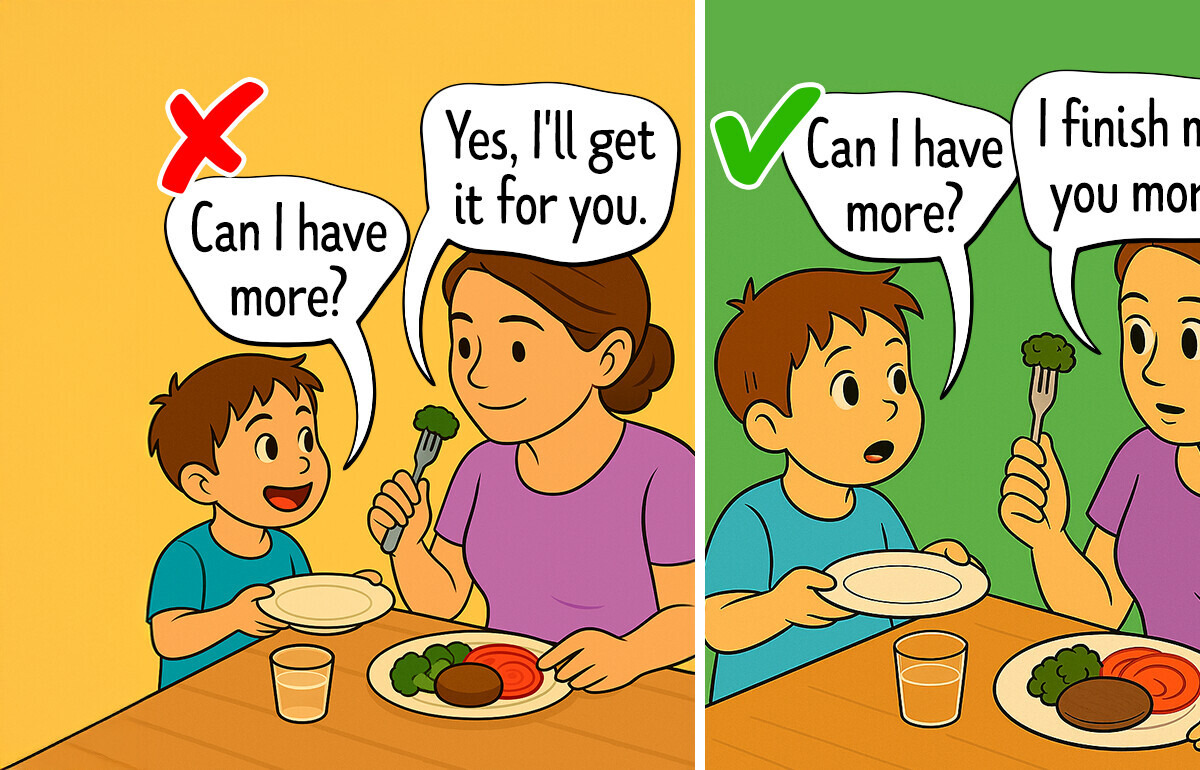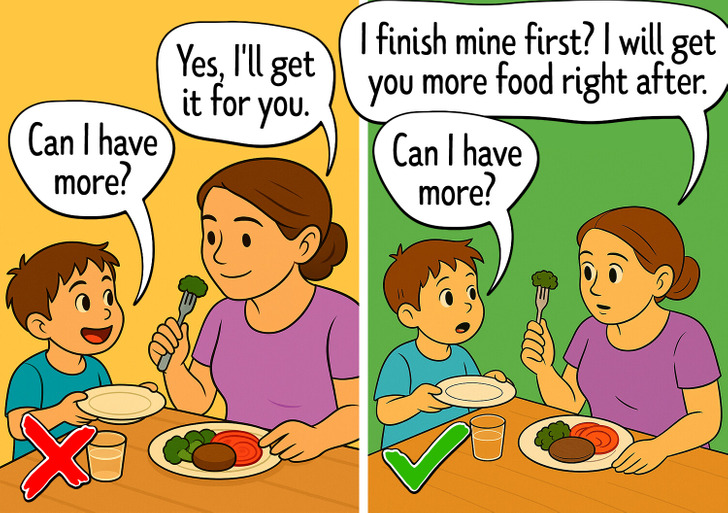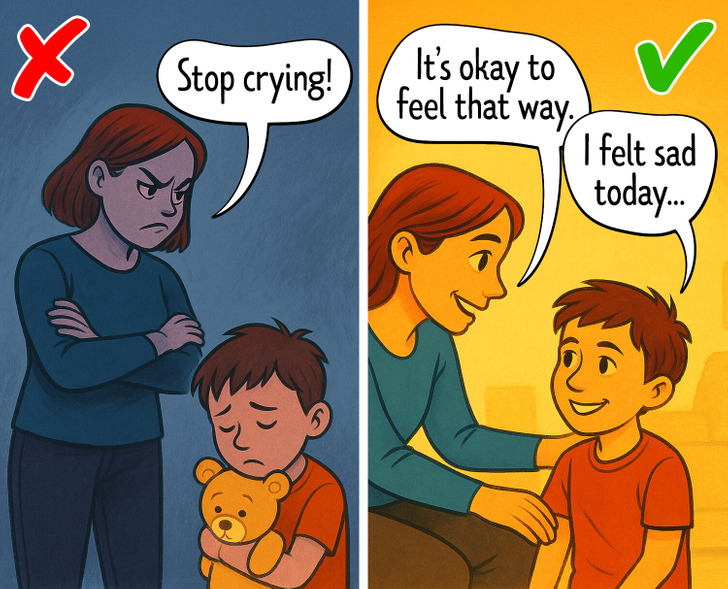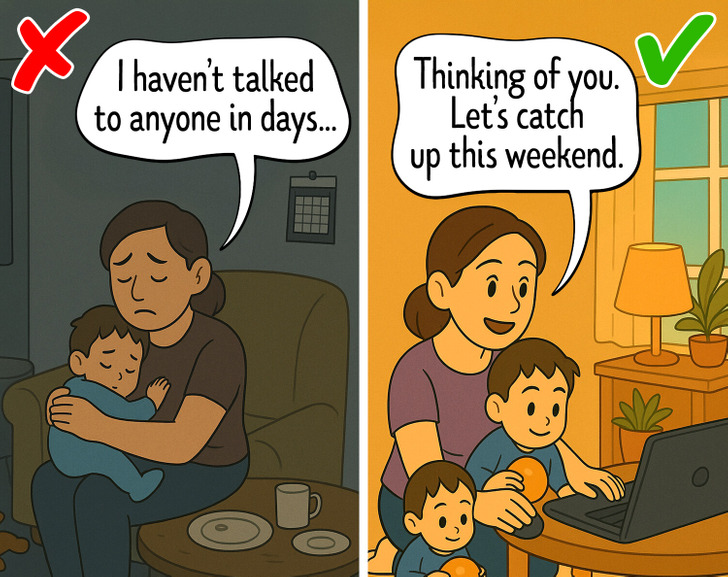10 Crazy Facts About Human Body Not Many People Might Know About


Caring for a child’s emotional well-being is important—but so is taking care of your own. When your needs are met, you can support your child with more patience, empathy, and presence. These 6 practical tips can help you find that healthy balance.

It’s easy to sideline your own needs, but neglecting them isn’t sustainable. Give yourself permission to take short breaks throughout the day—just a few minutes of quiet can do wonders for your mental clarity.
Incorporate regular movement, whether it’s a walk, a yoga session, or dancing around the room—it all helps lift your mood and lower stress. Don’t underestimate the power of nutritious food, either. Fuel your body with choices that energize and sustain you throughout the day.

When your own needs go unmet, it’s easy to unconsciously lean on your children for emotional support. Preoccupation with your own struggles can lead them to take on a caretaker role—often at the cost of their own needs going unnoticed.
By seeking and accepting care and support for yourself, you replenish your emotional resources. This not only helps you feel more balanced, but also allows you to be more present and responsive to what your child may be silently grappling with.

Create a safe, non-judgmental environment where your child feels comfortable expressing their thoughts and emotions. Encourage open communication by listening with empathy and without criticism, so they know their voice is heard and respected. Let them know it’s perfectly normal to feel emotions like sadness, anger, or anxiety.
By acknowledging and validating their feelings—rather than dismissing or minimizing them—you help build their emotional resilience, strengthen your connection, and support their overall well-being.

When kids sense that your needs are being neglected, they may start checking in on you, trying to be extra good, or even acting out—all as ways of managing your emotional state. These are signs they’re taking on a caretaking role that doesn’t belong to them.
If you notice this, gently refocus on their well-being. Show interest in how they’re feeling, offer emotional support, and be present in a consistent, reassuring way. This helps them feel safe and reminds them it’s not their job to care for your emotions.

Parenting can be all-consuming, and it’s easy to lose touch with friends and family in the rush of daily responsibilities. But maintaining meaningful connections with other adults is essential—not just for emotional support, but for your own mental well-being.
While time with children is precious, adults also need time with other grownups to recharge and feel seen. We’re wired for connection, and nurturing those relationships is a powerful way to stay grounded, supported, and emotionally healthy.

Make mindfulness a part of your daily routine—through meditation, deep breathing, or simply pausing to be present. Also carve out time for activities that bring you peace, like reading, listening to music, or enjoying a favorite hobby. These small moments of calm can reduce stress, boost emotional resilience, and help you stay grounded amid life’s challenges.
Alongside cognitive growth, social-emotional learning is key in early childhood. Helping kids understand and manage their emotions builds confidence and healthy relationships. Games and activities can make this learning fun and effective—here are a few to try.











